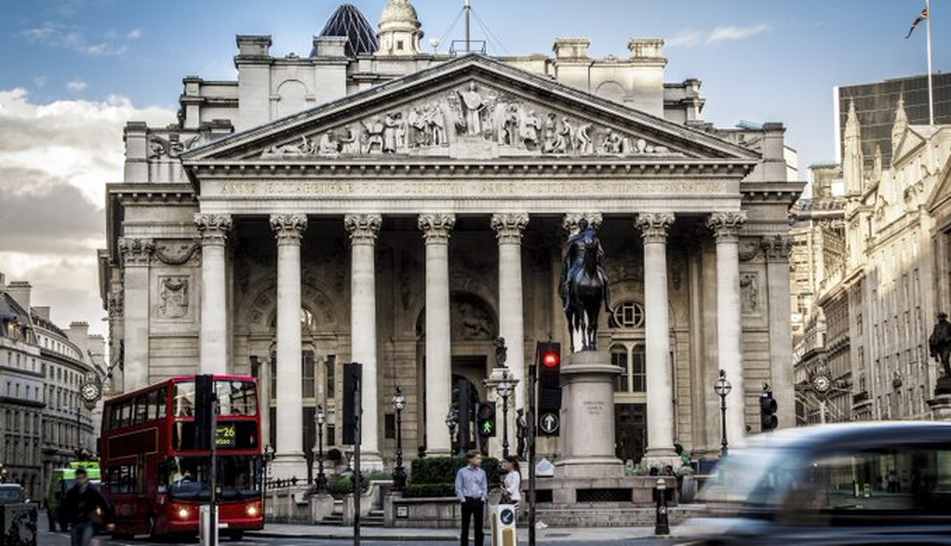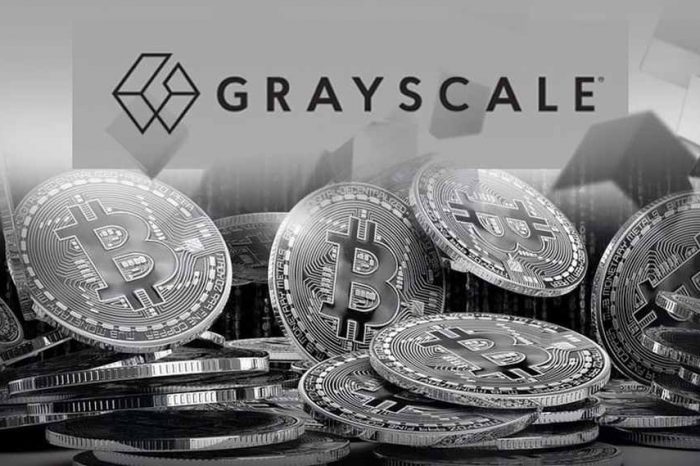Bank of England Deputy Governor says the UK may need Digital Pound following the collapse of FTX

So it begins! Last Tuesday, New York Federal Reserve and global banking giants Citigroup, Wells Fargo, and Mastercard started a Digital Dollar pilot project. It was part of the U.S. government’s efforts to launch the U.S. central bank digital currency (CBDC) and maintain the dollar hegemony as a global reserve currency in international payments.
Just about a week later, the Deputy Governor of the Bank of England, Jon Cunliffe, said the UK may need Digital Pound in the wake of the recent collapse of the crypto exchange FTX. During the Conference on Decentralized Finance (DeFi) and Digital Currencies, Cunliffe said:
“Over the past few days, I have had a few comments both to the effect that the collapse of FTX shows that we need to get on and issue a digitally native pound – and to the effect that FTX shows that we do not need to do so.”
The fall of FTX has also renewed the call for regulators to introduce cryptocurrency regulations. The sudden collapse of the $26 billion crypto exchange has also breathed new life into the call for a digital currency controlled by the world’s central banks.
The Bank of England is the latest to join a series of the world’s central banks that are planning to create their own digital currencies within the next three years. Last year, China’s municipal government announced a plan to hand out $1.5 million in a digital currency test during the Chinese Lunar New Year. As part of the trial testing, Beijing said it will select 50,000 from a pool of applicants to receive a value of 200 yuan, or about $30 each, in digital currency.
Last year, the governor of the Bank of England, Andrew Bailey, warned crypto investors that they “should only buy cryptocurrencies if they’re ready to lose all their money” He told investors they should be prepared to lose all their money if they dabble in cryptocurrencies. Bailey told journalists that he thinks “cryptocurrencies such as bitcoin have no value in their own right.”
“I would only emphasize what I’ve said quite a few times in recent years. I’m afraid they have no intrinsic value. “Now that doesn’t mean to say people don’t put value on them, because they can have extrinsic value. But they have no intrinsic value.”
Bailey added: “I’m sorry, I’m going to say this very bluntly again: buy them only if you’re prepared to lose all your money.”

